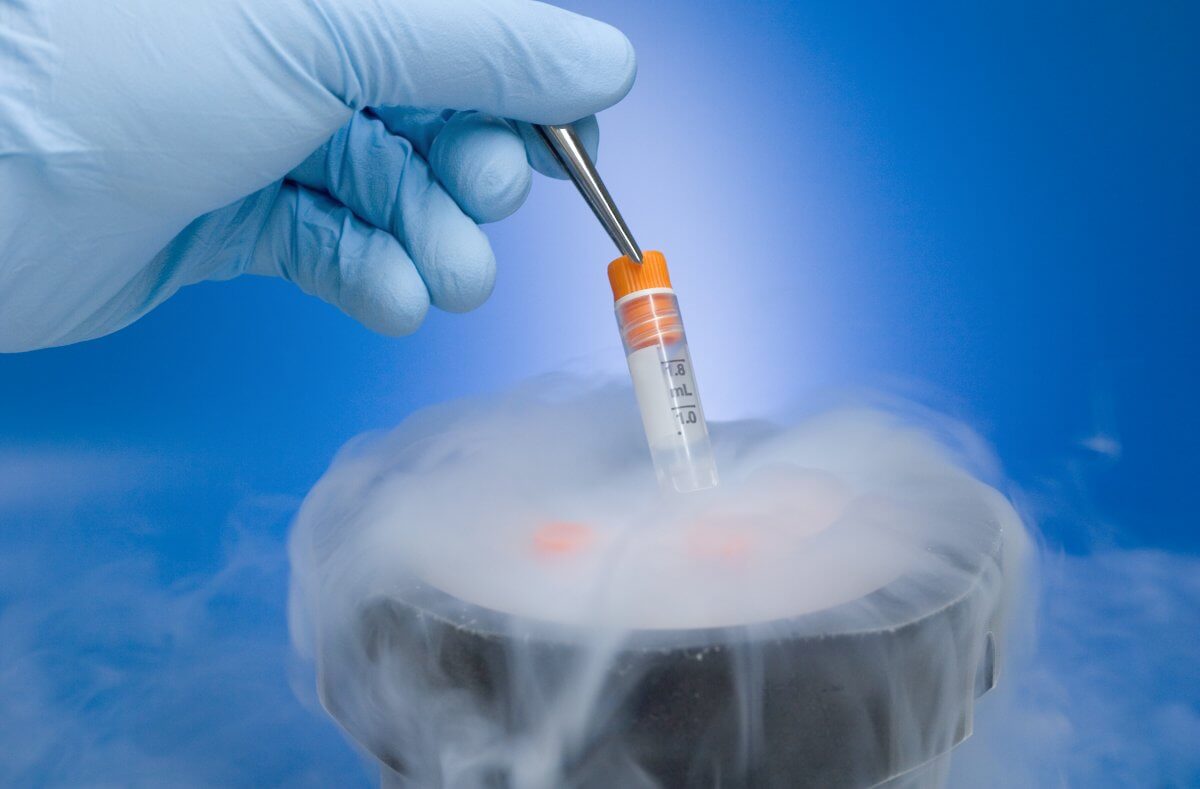A specialized surrogacy attorney protects your parental rights and prevents costly legal problems down the road.
When you work with someone who truly understands surrogacy law, every detail of your gestational carrier agreement gets reviewed before your surrogate begins medical procedures.
Fill out our form to get personalized help connecting with experienced reproductive law attorneys in your state.
This guide walks through what these services include, when the review happens, and how we connect you with qualified surrogacy law attorneys.
How Surrogacy Contract Review Services Work for Intended Parents
Yes, there are services specifically for this. The important distinction: these services come from reproductive attorneys who specialize in this area of law, not from a surrogacy agency.
We connect you with qualified professionals, but an attorney handles all the drafting and review.
A surrogacy attorney drafts the gestational agreement from scratch, tailoring everything to a specific situation, applicable state laws, and individual circumstances.
Every clause gets reviewed, complex terms are explained in plain language, and negotiations happen on behalf of intended parents.
We’ve built relationships with reputable attorneys across the country who have years of experience with gestational agreements. The law varies considerably by state—that’s why we maintain these connections with professionals who know this field well.
Learn how we connect intended parents with qualified attorneys
Why Intended Parents Need Their Own Surrogacy Attorney
Independent representation protects intended parents in ways that really matter. The surrogate will have her own counsel looking out for her interests, and intended parents need someone just as committed to looking out for theirs.
This separation ensures both parties have the protection needed while keeping a healthy working relationship.
Counsel serves several critical functions. The drafted agreement establishes parental rights from the moment a child is born and covers compensation terms, medical decision-making authority, and contingency plans. Clients learn exactly what gets agreed to before signing anything, eliminating surprises later on.
How Surrogacy Laws Differ by State
What catches many people off guard: laws governing this process are really different depending on location.
Experienced local counsel understands these differences and structures agreements accordingly, explaining whether a state allows pre-birth parentage orders or requires adoption proceedings after a baby is born.
Professional contract review helps prevent disputes that could complicate things later. Clear terms prevent misunderstandings about money, medical decisions, or parental rights before they become problems.
Explore comprehensive legal guidance and resources
What to Expect During the Surrogacy Contract Review Process
Contract review starts after matching with a surrogate. By this point, both parties have completed initial screenings, met and connected, and now it’s time to make everything official before any medical procedures begin.
The timeline usually unfolds like this:
- Initial Draft (2-3 Weeks): An attorney puts together the agreement based on client needs and applicable state laws. This draft includes provisions about surrogate compensation, medical protocols, parental rights, and everyone’s responsibilities throughout the pregnancy and birth.
- Review Phase: Both intended parents and the surrogate work with separate attorneys to go through proposed terms. Counsel reviews every section and explains what it all means.
- Negotiation: Attorneys discuss any concerns or changes either party would like to see. This back-and-forth is normal and healthy. The surrogate’s counsel might ask for adjustments to compensation or delivery preferences. The intended parents’ representative might clarify medical decision-making protocols or insurance coverage.
- Finalization: Once revisions are made and everyone feels good about final terms, both parties sign. Most agencies and fertility clinics need this fully executed document before scheduling embryo transfer.
The whole process usually takes 4-8 weeks from start to finish. Complex situations sometimes push this out a bit. Working with experienced reproductive law professionals who understand this field helps keep things moving.
While eager to get started, this timeline can feel long, but it’s designed to protect everyone. Taking time to get the agreement right now prevents headaches later.
What’s Included in a Surrogacy Agreement
Gestational agreements cover a lot of ground. Familiarizing yourself with these key elements provides better preparation when sitting down with counsel.
Surrogate Compensation
Payment details and escrow agreements make up a big part of the agreement, covering base compensation, monthly allowances, and reimbursement for pregnancy-related expenses.
Payment schedules and provisions for complications appear here.
Medical decision-making authority
This clarifies who makes choices about prenatal care, delivery preferences, and medical interventions. The surrogate maintains autonomy over her own body, but the agreement lays out how communication about major decisions will happen.
Establishing Parental Rights in Your Surrogacy Contract
Arguably the most important part appears here. Intended parents hold full rights to a child from the moment of birth—the section makes this crystal clear.
How birth certificates with the intended parents’ names will be obtained gets spelled out exactly, along with whether a state allows pre-birth parentage orders or requires adoption proceedings.
How Insurance and Medical Costs Are Covered in Surrogacy
Considerable attention goes to verifying the surrogate’s health insurance covers pregnancy, planning for any gaps in coverage, and figuring out who’s responsible for medical bills if complications come up.
Many intended parents carry backup insurance specifically for related expenses.
Medical Decision-Making Rights in Surrogacy Agreements
These clauses cover scenarios nobody wants to think about but everyone needs to be prepared for.
Rather than creating conflict, they ensure everyone knows how difficult decisions would get handled if medical circumstances required them.
Under what circumstances would pregnancy termination be considered, if any? Who gets to make that call? How would a multiple pregnancy be handled if selective reduction becomes medically necessary?
Lifestyle and behavioral expectations
This rounds out the pregnancy provisions, covering prenatal vitamins, activity restrictions, substance avoidance, and medical appointment attendance.
Every detail matters because the agreement forms the foundation for everything that comes next.
How Your Surrogacy Agency Supports Contract Review
While we can’t provide legal services ourselves, we play an important support role during this phase.
Over the years, we’ve built relationships with reputable family-building law professionals across the country, and we connect intended parents with experienced attorneys who understand their state’s regulations.
Our team helps coordinate between intended parents, surrogates, and their respective attorneys—answering questions about our procedures, surrogate compensation processes, and medical protocols so attorneys can draft accurate documents.
With many intended parents having completed their journeys with us, we understand the common concerns that arise and can share what typically happens during the legal process.
Agency Support After Your Contract Is Signed
Throughout the process, intended parents will have a dedicated coordinator who knows the case and can answer non-legal questions about how different terms actually play out. Signing doesn’t end this support—it continues through delivery and establishing parentage.
Support from people who understand both the field and the emotional side makes a real difference. We’re here to help however we can.
Finding the Right Surrogacy Attorney for Your Contract
The right attorney makes a real difference in your surrogacy experience. A qualified reproductive law professional does more than draft documents—they become your advocate, protecting your family’s interests at every stage.
We’ve built a network of experienced family-building law attorneys across the United States who understand state-specific regulations and have years of experience with gestational agreements.
Fill out our form to get personalized help finding an experienced reproductive law attorney in your state.









